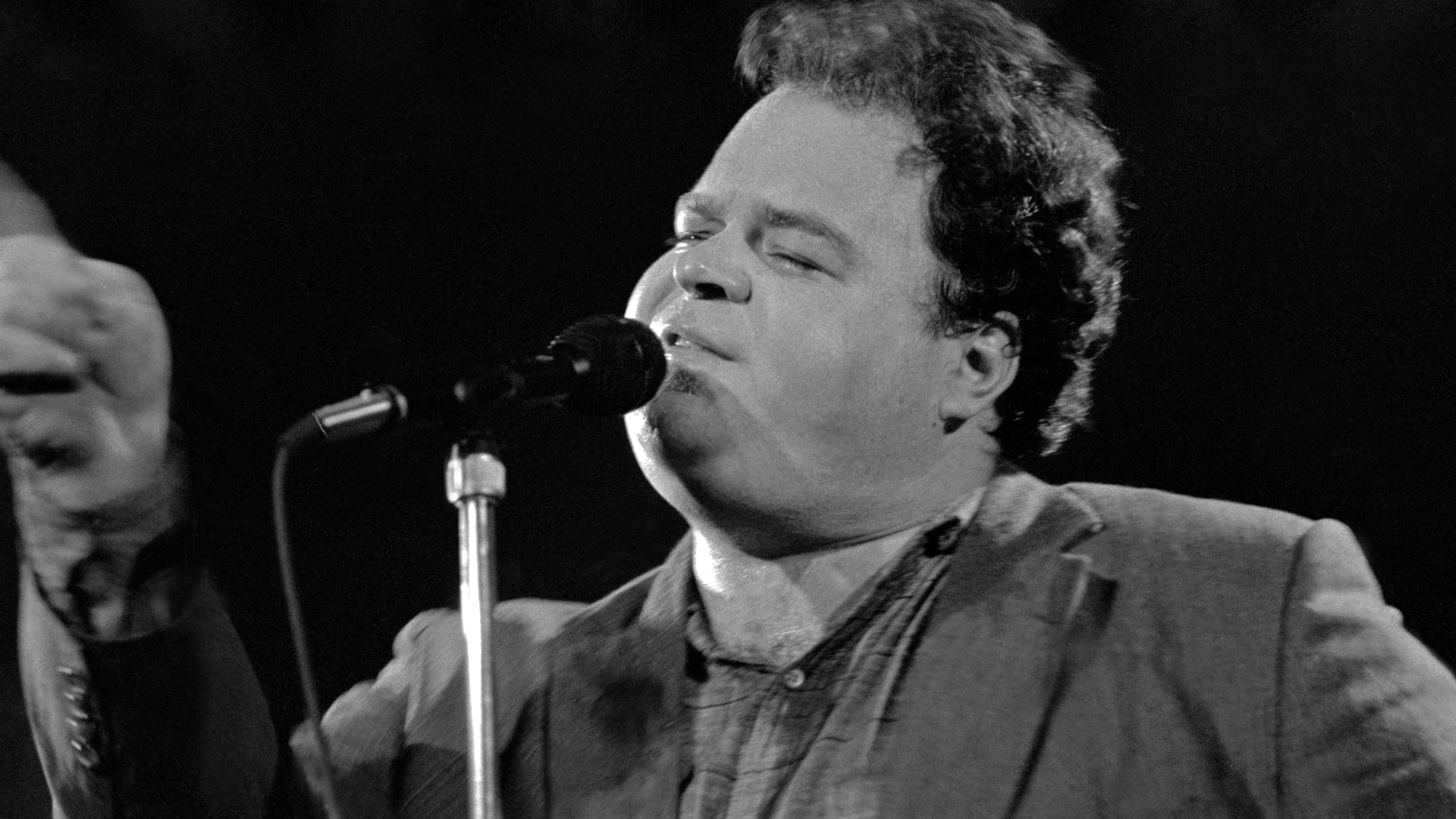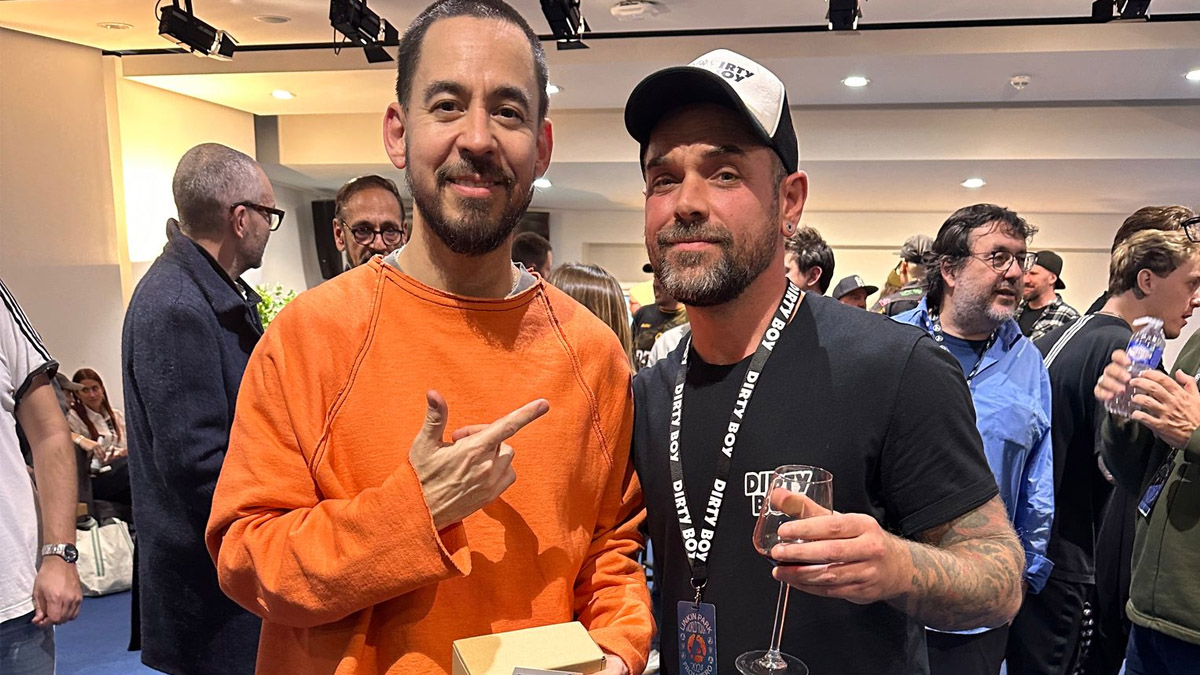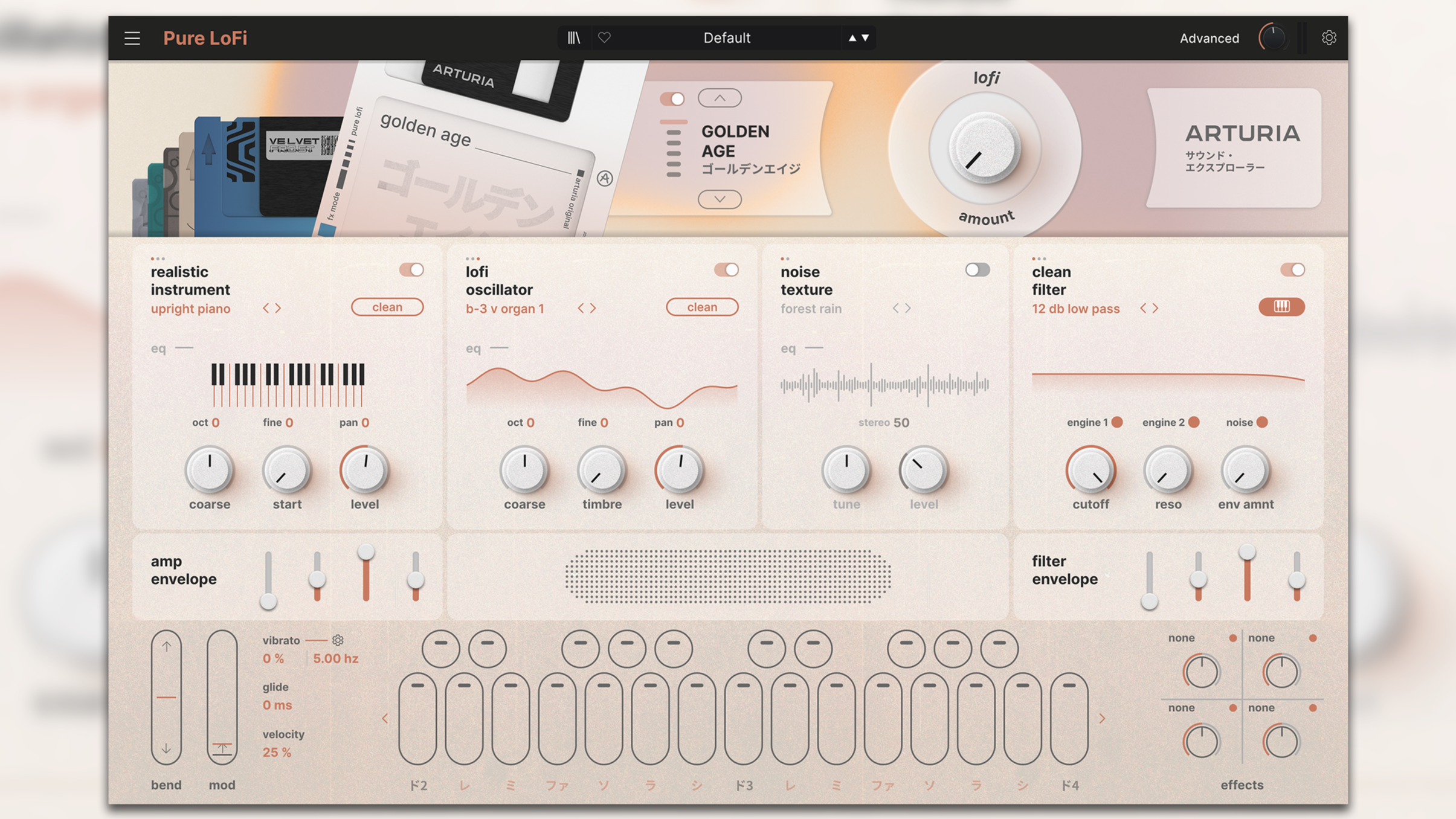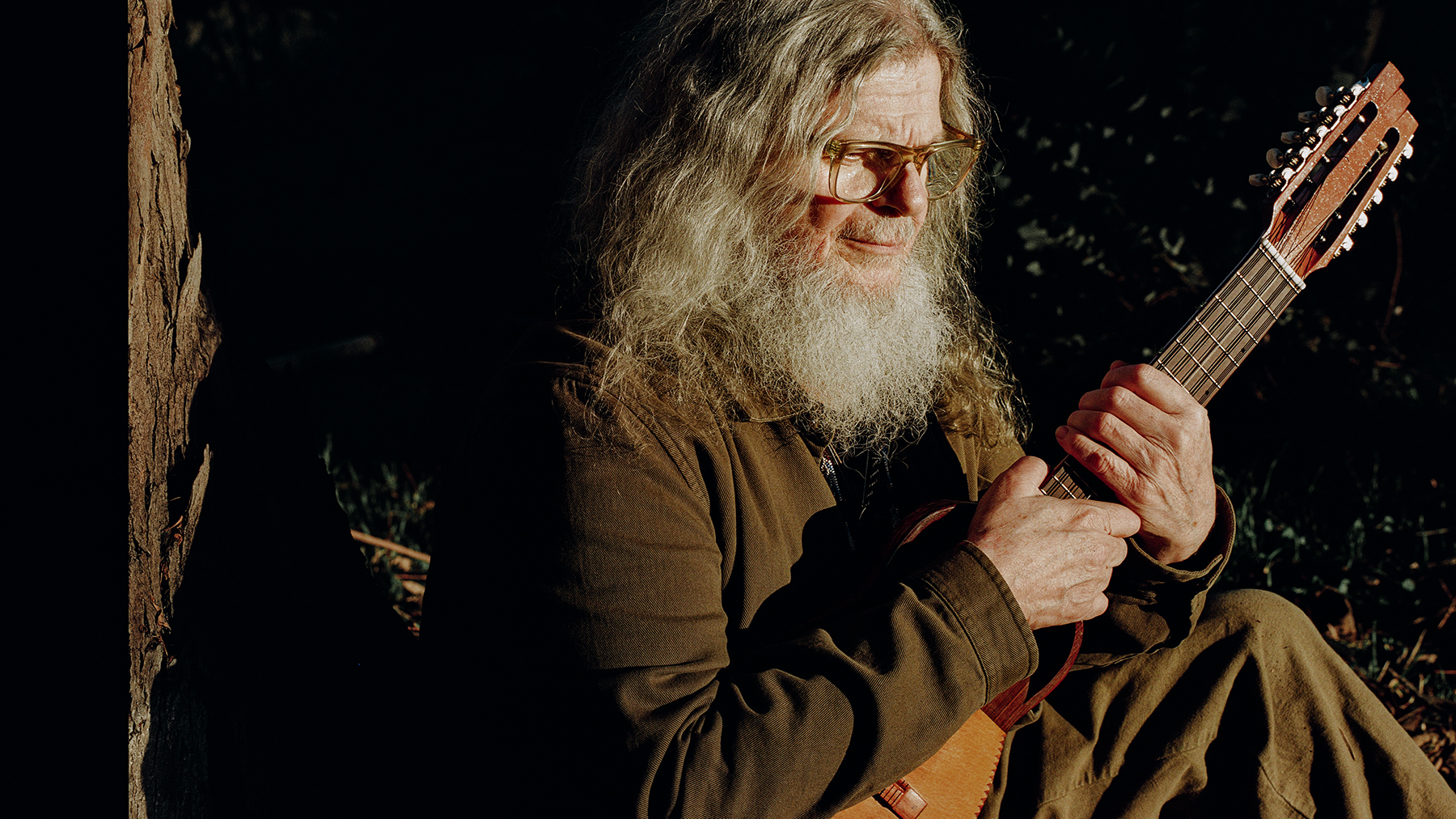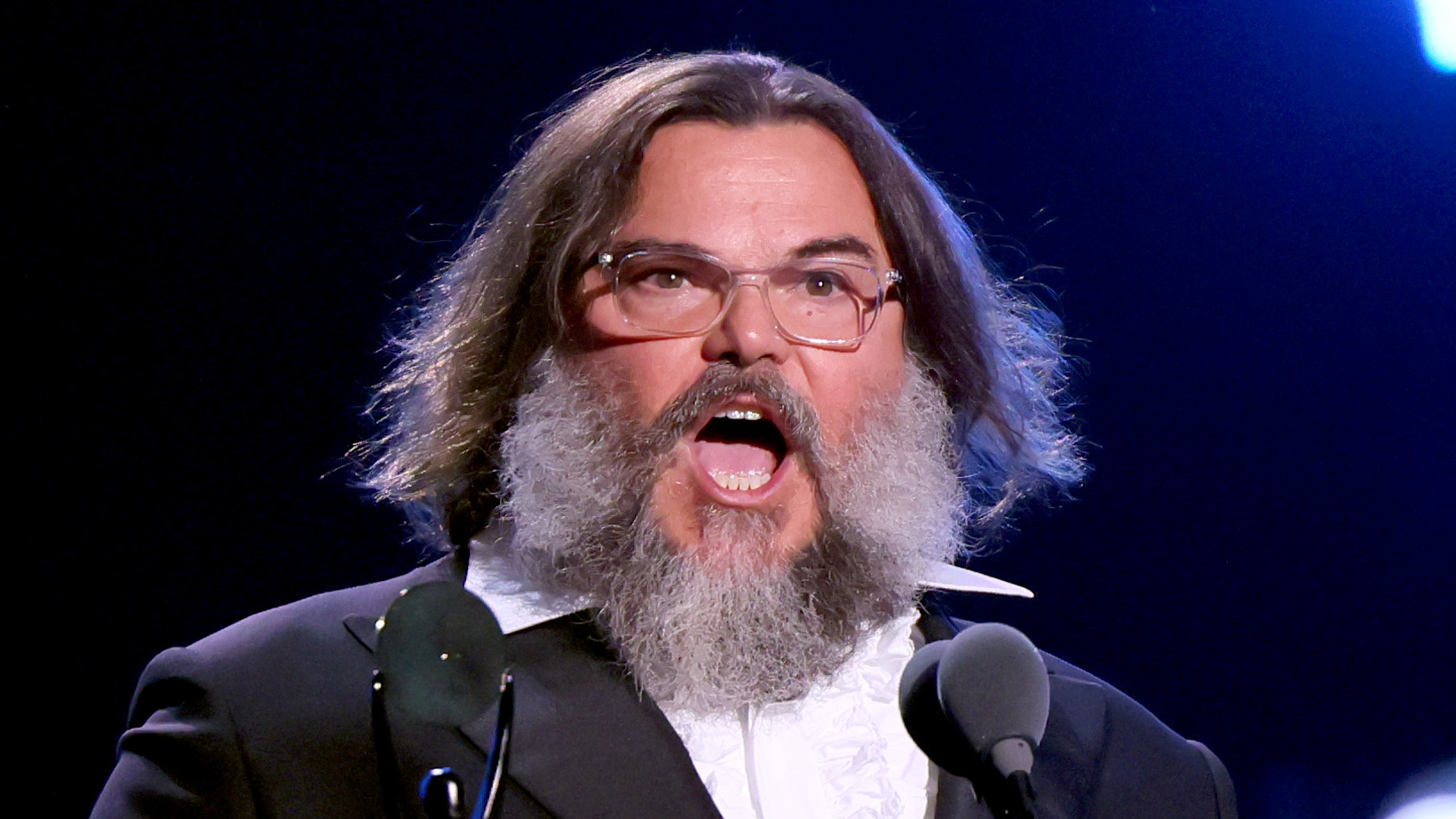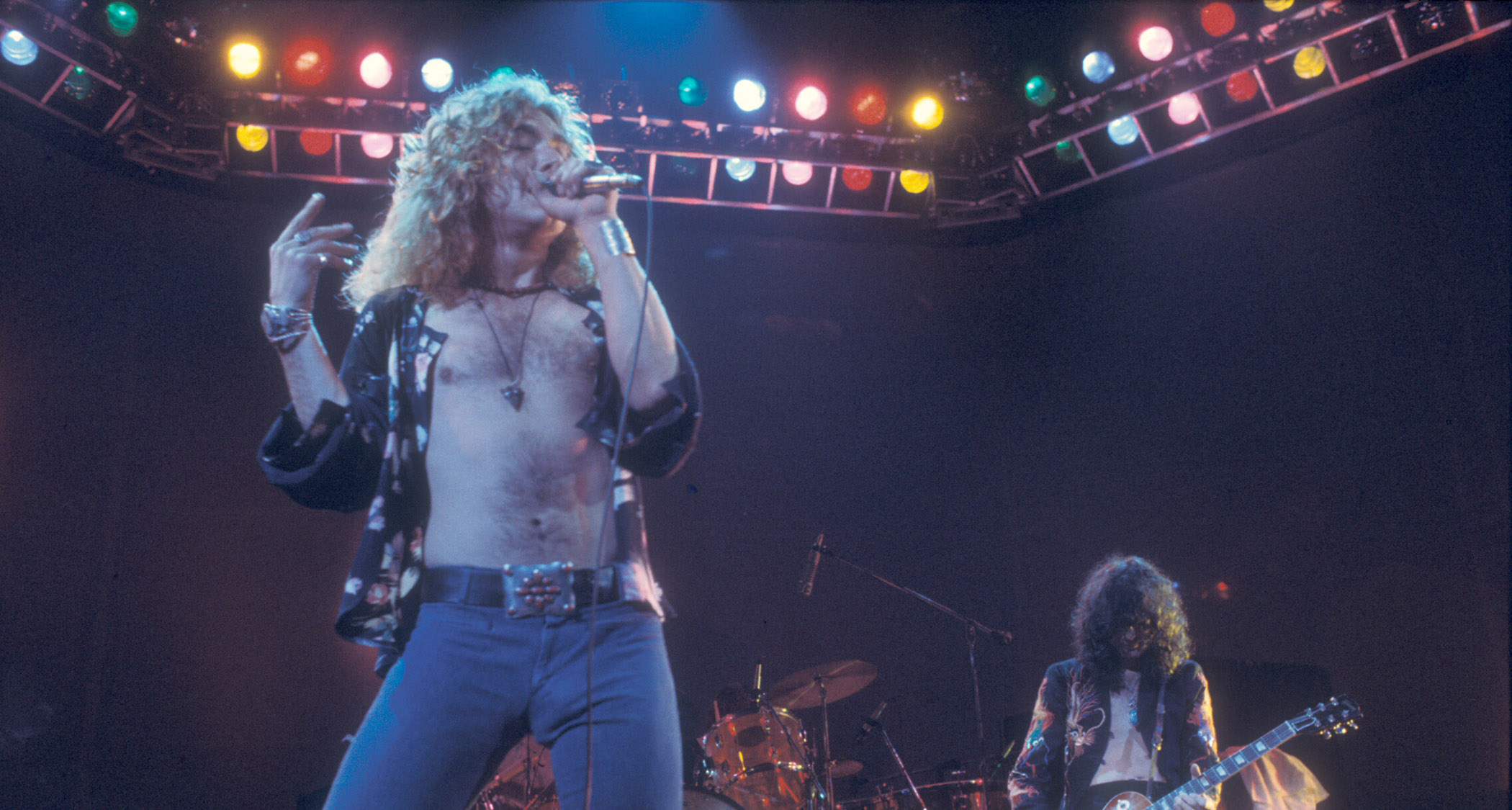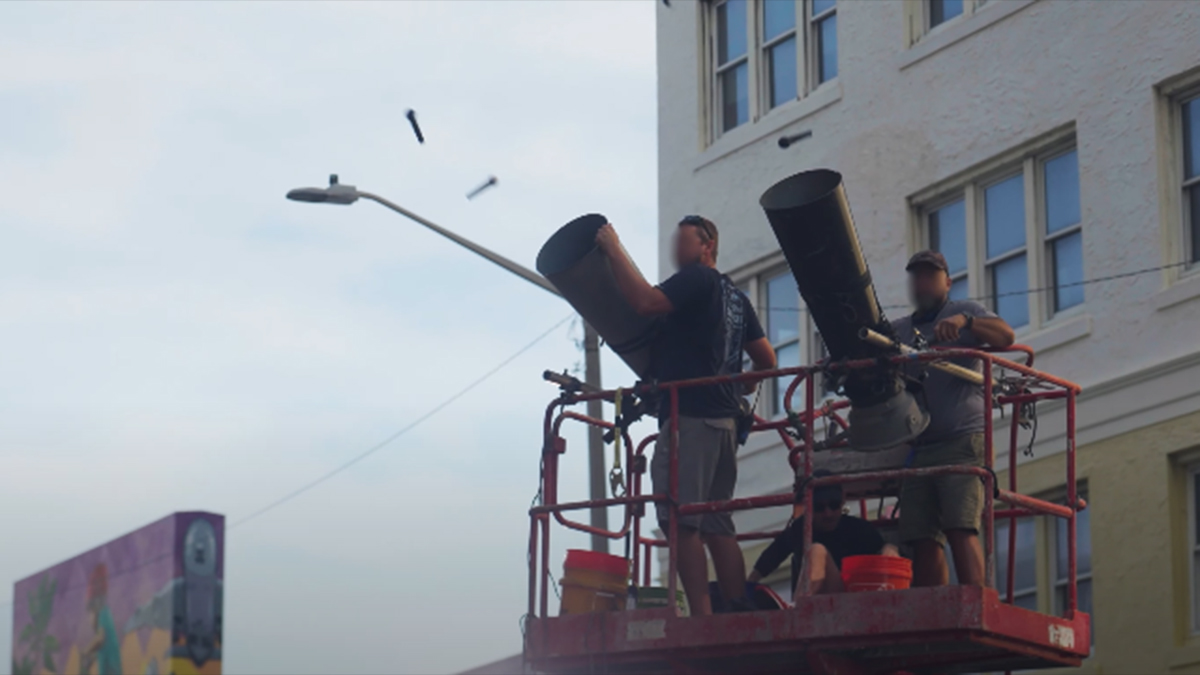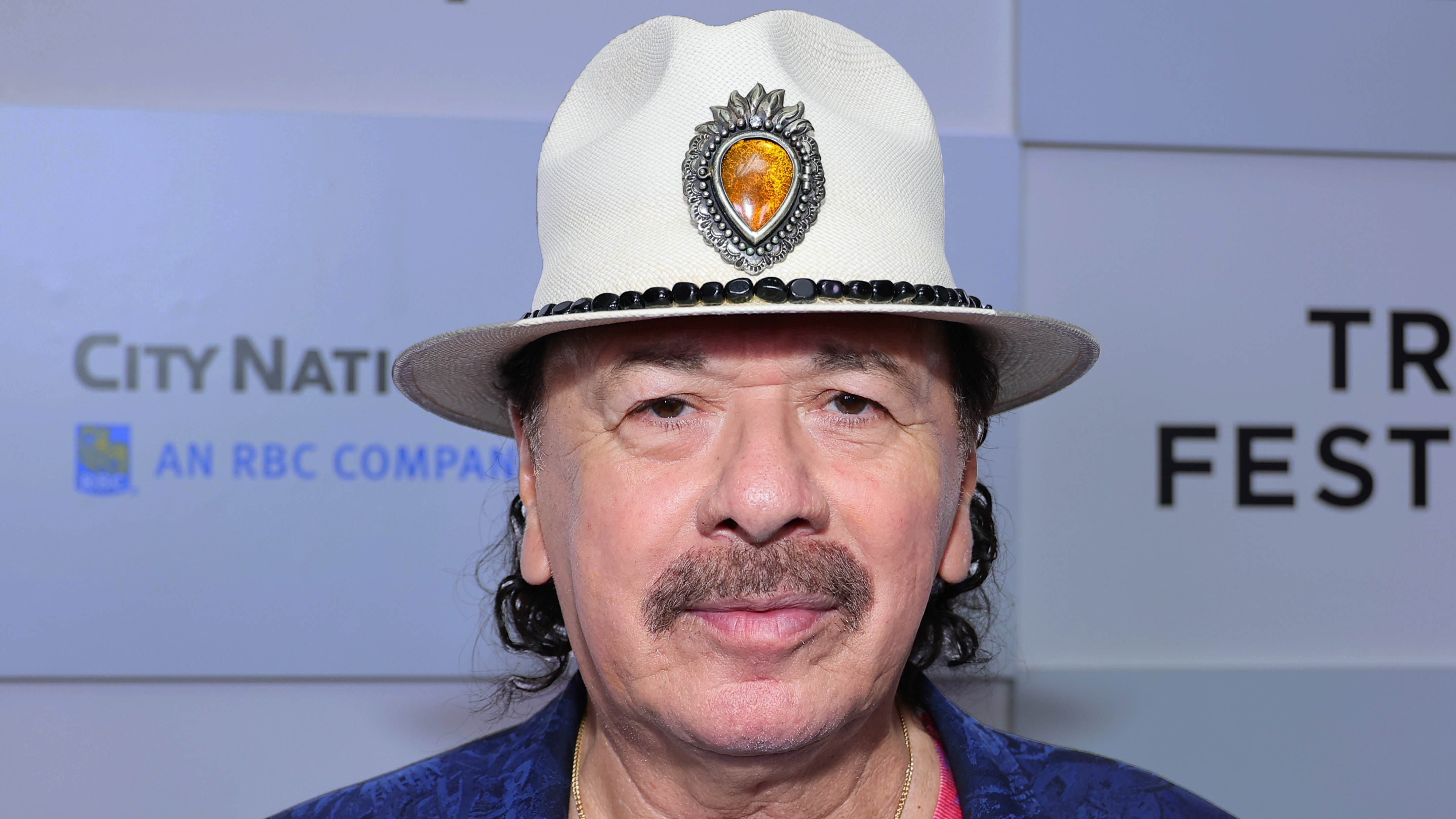“After you’ve caressed them with Stairway To Heaven, now you’re going to disturb them!”: How Jimmy Page constructed the perfect Led Zeppelin album
“We were crafting albums for the album market,” Page said
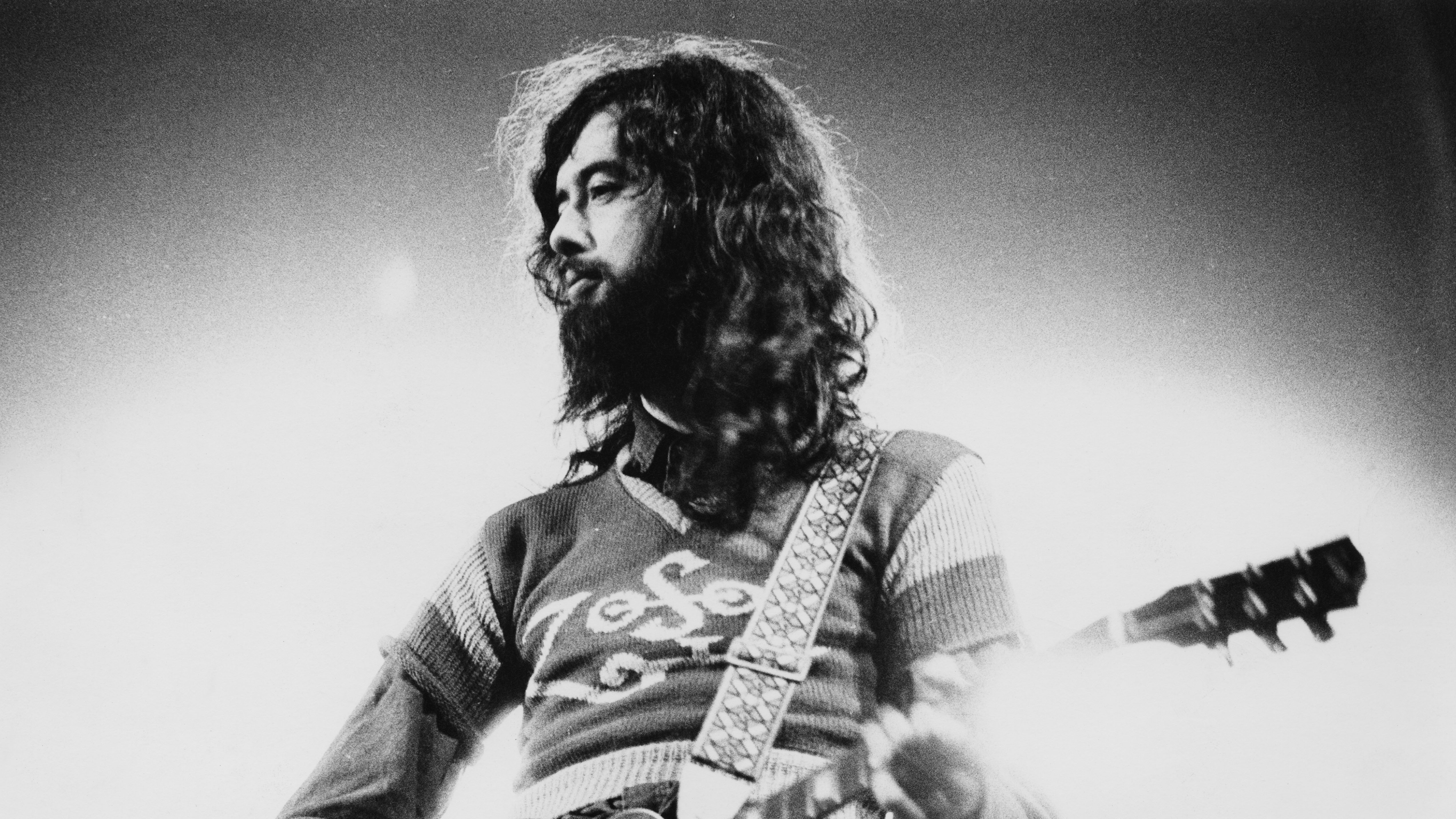
Led Zeppelin’s fourth album was released in 1971 and is officially untitled, yet it goes by various names: Led Zeppelin IV, Four Symbols, Zoso. But whatever you call it, it’s arguably the greatest rock album ever made.
Jimmy Page - Zeppelin’s leader, guitarist, principal songwriter, producer and all-round genius - gave an interview to Classic Rock in 2014 in which he discussed the making of the biggest selling album of the band’s career.
He spoke in detail about two of the album’s cornerstone tracks - Stairway To Heaven and When The Levee Breaks. And he stressed the importance of how the eight tracks on the album were carefully sequenced for maximum dramatic effect.
He began by discussing what is arguably the most revered of all rock songs, Stairway To Heaven, and how he wrote it with the aim of creating a “profound” piece of music.
Recalling how he first presented the song to the rest of the band, he said: “I had the sections for it. It was a question of piecing them together. And that all worked. But by nature of the fact that it had acceleration through it, it needed some work on it. Definitely it was the sort of thing where you wanted to be all around each other.”
He remembered watching singer Robert Plant writing lyrics for the song while the band were working through the arrangement. “There was a lot to remember in Stairway, when you were playing it and routining the track. I can say – he’ll probably deny it, ha ha – but during the running through of Stairway, I remember Robert was sitting down in the room and he was writing and writing. And there was a point where he came to sing it, and he had a major percentage of the lyrics already done.
“And then he went home and tweaked things. But that’s how it was. That’s what the whole magic of the environment was like. It was like everybody’s creative energies all joined. It was wonderful.”
Get the MusicRadar Newsletter
Want all the hottest music and gear news, reviews, deals, features and more, direct to your inbox? Sign up here.
Robert Plant has in part disowned his lyrics for Stairway To Heaven, but Page countered: “I thought his lyrics were superb. They come at you on many levels. So… maybe we all criticise our past work. I’m not going to tell you what, but I could say, ‘Well, I could have played better guitar on such and such a number.’ But I ain’t gonna do that, because it is what it is.”
Page explained how he decided on the running order for the album’s eight tracks.
“We were crafting albums for the album market, which is what everybody was sort of doing in a certain league outside of pop singles. So it was important, I felt, to have the flow and the rise and fall of the music and the contrast, so that each song would have more impact against the other.”
On the original vinyl format, Stairway To Heaven was at the end of side one. Asked if he had considered placing this song at the end of side two – as the final track on the album - Page answered: “No, no, no! When The Levee Breaks had to end it.
“You had your opening statement, which is side one. But I thought that Levee Breaks just had to finish the overall picture of what we’d done – the sonic picture – because it was just so ominous. It’s ominous and it’s dense and it was just going to disturb people. After you’ve caressed them with Stairway, now you’re going to disturb them! But that’s what it’s all about, isn’t it? Conjuring up all these different emotions.”
Page also responded with a smile to the suggestion that side one of Led Zeppelin IV - Black Dog, Rock And Roll, The Battle Of Evermore and then Stairway To Heaven - is probably the greatest side of vinyl in all of rock history.
“It is good, isn’t it?” he said. “You get the whole feeling of the creativity of this band. It’s just coming in with full force. It’s showing the whole picture of what this band is musically. There’s no doubts about it at this point.
“It was real honest performances, and if you did a song it wasn’t made up one word at a time and all pieced together with ProTools. That’s a way of doing things. I’m not saying that that is necessarily wrong at all, because I really like what they do with modern mixing.
“But at that time it was real performance – this is a performance that you feel, and you feel the dynamics, and it’s manual mixing, so the whole thing is really – I don’t want to use the word ‘organic’, but you know what I mean!”
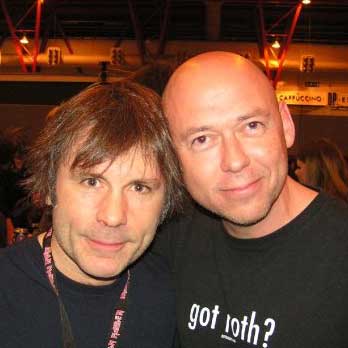
Paul Elliott has worked for leading music titles since 1985, including Sounds, Kerrang!, MOJO and Q. He is the author of several books including the first biography of Guns N’ Roses and the autobiography of bodyguard-to-the-stars Danny Francis. He has written liner notes for classic album reissues by artists such as Def Leppard, Thin Lizzy and Kiss. He lives in Bath - of which David Coverdale recently said: “How very Roman of you!”
“The most musical, unique and dynamic distortion effects I’ve ever used”: Linkin Park reveal the secret weapon behind their From Zero guitar tone – and it was designed by former Poison guitarist Blues Saraceno’s dad
“Nope, it’s real”: Jack Black and Keanu Reeves both confirmed for upcoming Weezer movie


